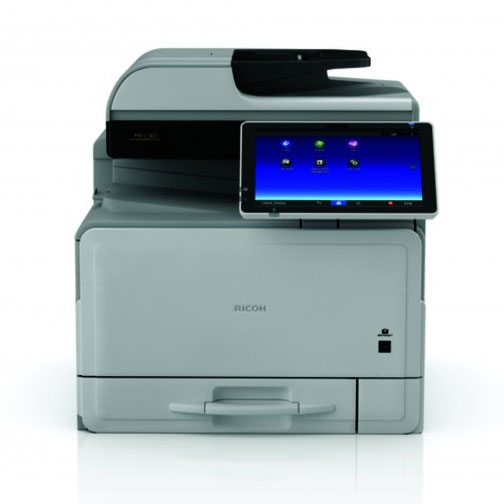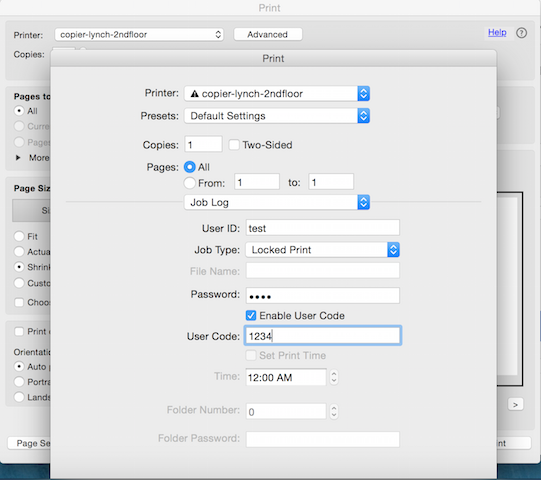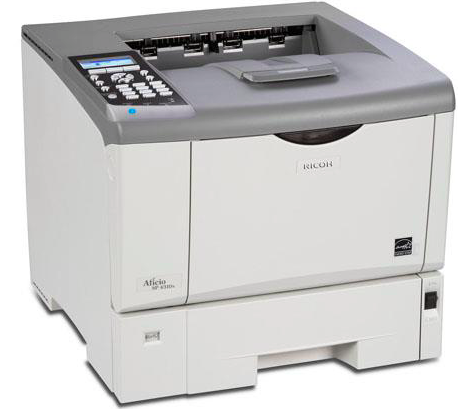Download the latest version of NRG Printer Drivers for OS X for Mac - For OS X 10.6, 10.7, and 10.8. Read 0 user reviews of NRG Printer Drivers for OS X on MacUpdate. Since Mac OS 10.2, printing is handled by the CUPS system. While drivers are typically found in /Library/Printers, the folder can contain support files and many other things which are not themselves print drivers, and in the real world there is no canonical location within the folder where the actual driver files are stored.
Epson Connect Printer Setup for Mac
Follow the steps below to enable Epson Connect for your Epson printer on a Mac.
Important: Your product needs to be set up with a network connection before it can be set up with Epson Connect. If you need to set up the connection, see the Start Here sheet for your product for instructions. To see the sheet, go to the Epson support main page, select your product, Manuals and Warranty, then Start Here.
- Download and run the Epson Connect Printer Setup Utility.
- Click Continue.
- Agree to the Software License Agreement by clicking Continue, and then Agree.
- Click Install, and then click Close.
- Select your product, and then click Next.
Note: If the window doesn't automatically appear, open a Finder window and select Application > Epson Software, and then double-click Epson Connect Printer Setup. - Select Printer Registration, and then click Next.
- When you see the Register a printer to Epson Connect message, click OK.
- Scroll down, click the I accept the Terms and Conditions check box, and then click Next.
- Do one of the following:
- If you're creating a new account, fill out the Create An Epson Connect Account form, then click Finish.
- If you're registering a new product with an existing account, click I already have an account, fill out the Add a new printer form, and then click Add.
- Click Close.
- See our Activate Scan To Cloud and Remote Print instructions to activate the Scan to Cloud and Remote Print services.
Updated Many Mac users today found, to their surprise, they are unable to print to their HP Inc printers.
This is due to a code-signing snafu affecting macOS Catalina (version 10.15) and Mojave (10.14), specifically. HP's printer driver software is cryptographically signed with a certificate that macOS uses to determine whether the application is legit and can be trusted. However, that certificate was today revoked through an XProtect update, causing the software to be rejected by Macs.
XProtect is the mechanism Apple uses to inform Macs to no longer trust and run certain programs, and it does this by revoking their code-signing certificates. There is no central database of certs cancelled by XProtect, there's one for each OS version it seems, and Catalina and Mojave were selected in particular. Apple chose to revoke the HP driver cert, or perhaps was asked to do so by HP.
'No questions asked' Windows code cert slingers 'fuel trade' in digitally signed malware
READ MOREIn any case, HP's driver software no longer works on those two particular operating system flavors. Users are told when trying to print, for instance, that HP's application 'will damage your computer,' and are given the option to run it anyway or send it to the trash. Trying to continue just loops you back round to the error message, with no work done. Punters are also encouraged to report this 'malware' to Apple.
Unofficial workarounds for now include using AirPrint to an HP printer, or uninstalling the HP software and using a generic PostScript driver.
A Reg reader who tipped us off about the blunder told us he was able to jerry rig some IPP connectivity to get an older device to print: 'We had a handful of printers where macOS would print into the ether. Windows had no problem. I found some IPP trickery on macOS Catalina worked on an older HP4650.'
Canon Printer Drivers For Mac

We had a handful of printers where macOS would print into the ether. Windows had no problem

Complaints from punters are building up on the Apple and HP support forums.
'Trying to open Printer Utility on MacOS 10.15.7 and I get a crash dump every time saying 'Code Signature Invalid' for the binary /Library/Printers/hp/Utilities/HP Utility.app/Contents/MacOS/HP Utility,' said one netizen.
'Yes, my Deskjet F4140 abruptly stopped working with both my Mac mini desktop AND my partner's AirBook,' complained another. 'The AirBook keeps insisting it's malware (it's not), while my desktop says the certificate has expired. Suddenly, HP and Apple are NOT playing well together! I've redownloaded and reinstalled the printer software TWICE now but nothing has changed, just the same message about HP Utility now missing. Our jobs depend on this printer, HP.'
Thomas Reed, director of Mac and mobile at Malwarebytes, tweeted to say his users were up in arms at the tech breakdown: 'We're seeing a significant influx of support cases where users are seeing macOS identify what appear to be legit processes as malware.'
Mac blogger Howard Oakley has some more background, here. 'You’re seeing that [error] message because macOS is checking the signature on your HP printer software, and being told that its signing certificate has been revoked,' he observed.

Amazon's Music desktop app is also, weirdly enough, no longer working, either, it's reported.

Spokespeople for HP and Amazon were not available for immediate comment. Apple declined to comment. ®
Updated to add
The Register understands from sources familiar with the matter that HP Inc asked Apple to revoke its printer driver code-signing certificates. It appears this request backfired as it left users unable to print. A HP Inc spokesperson told us on Friday night:
We unintentionally revoked credentials on some older versions of Mac drivers. This caused a temporary disruption for those customers and we are working with Apple to restore the drivers. In the meantime, we recommend users experiencing this problem to uninstall the HP driver and use the native AirPrint driver to print to their printer.
Apple Nrg Printer Drivers For Mac Mojave
